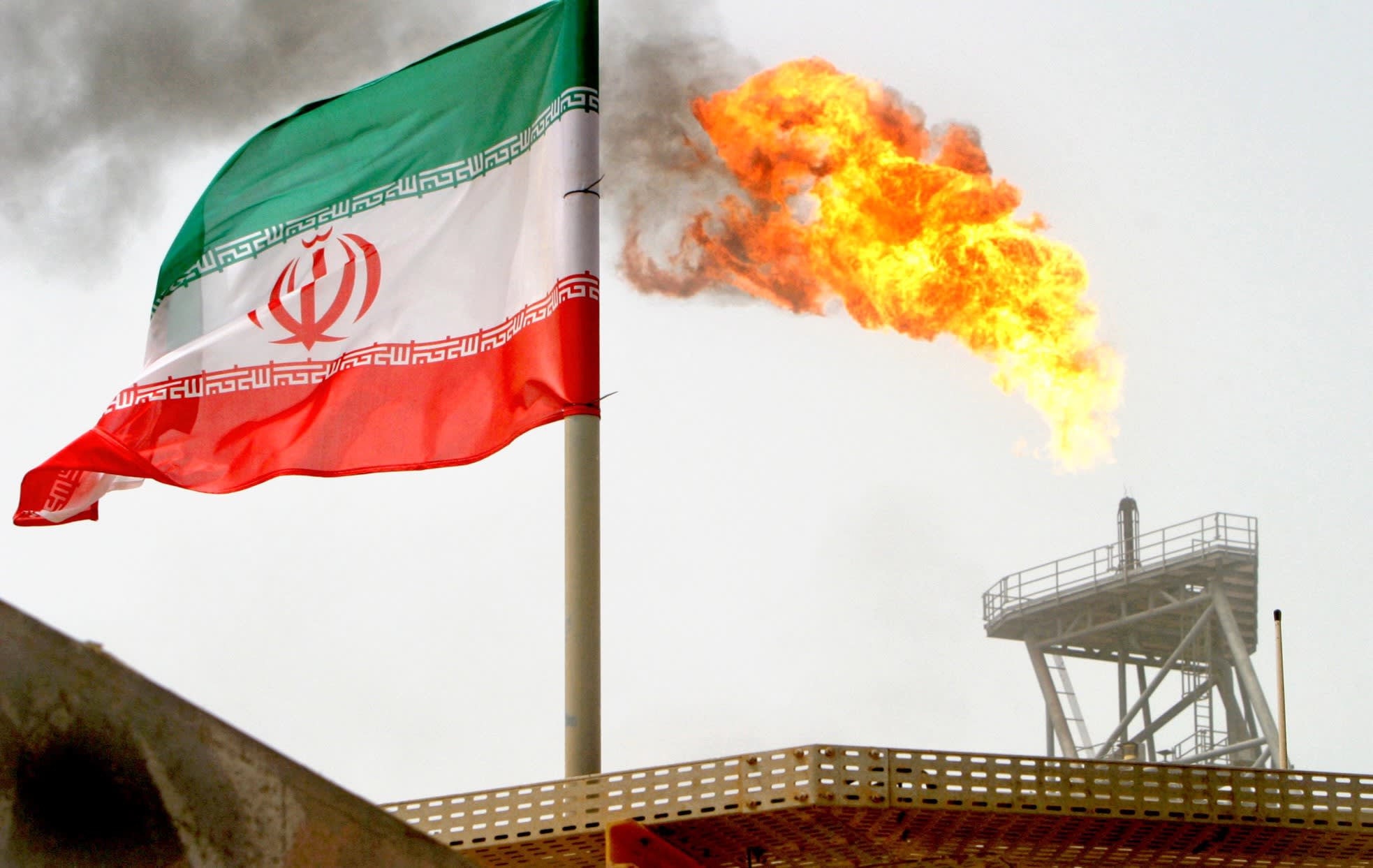Japan bows to US threats
September 4, 2018 | Expert Insights

Tokyo will stop all oil imports from Iran as it failed to get an exemption from the sanctions on Tehran.
Troubles are mounting for President Rouhani as a new set of sanctions are due to be imposed in November.
Background
Iran’s nuclear program was first launched in the 1950s, with help from the United States. Iran signed the Nuclear Non-Proliferation Treaty in 1970. Support from the West continued until the Iranian Revolution and the ascent of Ayatollah Khomeini into power in 1979. Iran’s nuclear program has been a source of concern for the international community since then.
During the International Atomic Energy Agency’s (IAEA) investigations in the country, it was revealed that Iran had not declared a number of its nuclear activities and was not in compliance with the Non-Proliferation Treaty. In 2006, the country also refused to suspend its uranium enrichment program. The United Nations consequently imposed a number of sanctions on the nation.
By 2015, the nation had lost billions of dollars due to these sanctions; an estimated $100 billion in oil revenue alone. It had also lost out on Foreign Direct Investment. In July 2015, Iran agreed to sign a nuclear agreement (the Joint Comprehensive Plan of Action or JCPOA) with major powers Britain, China, France, Germany, Russia, and the United States (the P5+1).
In August, Iran's oil minister said that French oil-and-natural-gas company Total had "officially left" Iran in the face of the U.S. threats.
Analysis
Japan’s major oil wholesalers are preparing to suspend crude oil imports from Iran in October, amid fears that Washington will sanction countries importing Iranian crude, local media reported.
U.S. President Donald Trump in May pulled out of a 2015 nuclear deal with Iran and last month began re-imposing sanctions that block other countries from trading with Iran. Japan has been seeking a waiver that would allow it to continue importing Iranian oil, but it appears unlikely to win one. As a result, Japanese oil companies are preparing to halt imports of Iranian crude and researching ways to increase imports from elsewhere to make up the shortfall, the reports said.
A trade ministry official on Monday confirmed that Japan had raised the issue of a waiver in talks with the U.S. but declined to comment further. Oil importers declined to confirm whether they were contingency planning for a halt in Iranian imports.
Japan is reliant on outside sources for energy, importing 80% of its oil from the Middle East in recent years. The Japanese government said Saudi Arabia is Japan’s largest supplier of crude at 39%.
U.S. sanctions have had a major impact on Iran's economy, leading to public discontent and putting pressure on President Hassan Rohani's government. With the recent firing of the Iranian foreign minister for a poor economic performance, the inevitable is looming. The sanctions have effectively crippled the Iranian economy. European companies who had planned to invest in Iran’s economy are withdrawing under fear of the sanctions.
US President Donald Trump has made it abundantly clear that Washington will go after anyone who trades with Iran after the sanctions are imposed. Japan relies heavily on imports of oil from the Middle East, though crude from Iran accounted for just 5.3% of the country’s total imports last year.
A second phase of sanctions targeting Iran’s crucial oil industry and banking sector will be reinstated on Nov. 5.
Assessment
Our assessment is that Japan’s decision to stop oil imports from Iran is significant because of its political ramifications. As Japan is politically and geographically distant from the Middle East, it has maintained a purely business-based relation with GCC countries. However, it is now bowing to US pressure and abandoning its time-tested business relations with Iran. We feel that Iran will now look to a favourable resolution of this crisis either through bilateral talks with its primary buyers, or it will seek to challenge this decision in the ICJ.








Comments